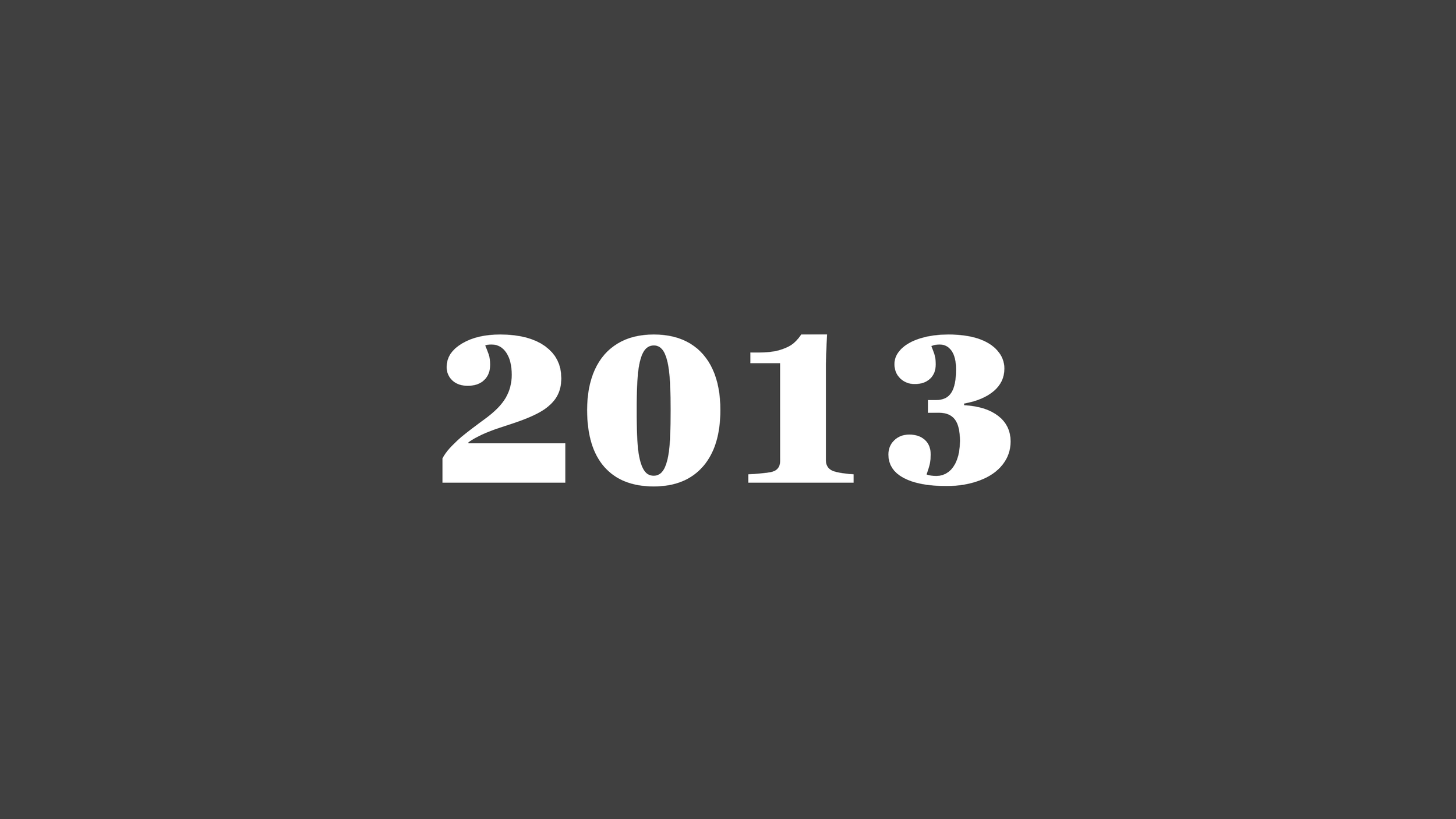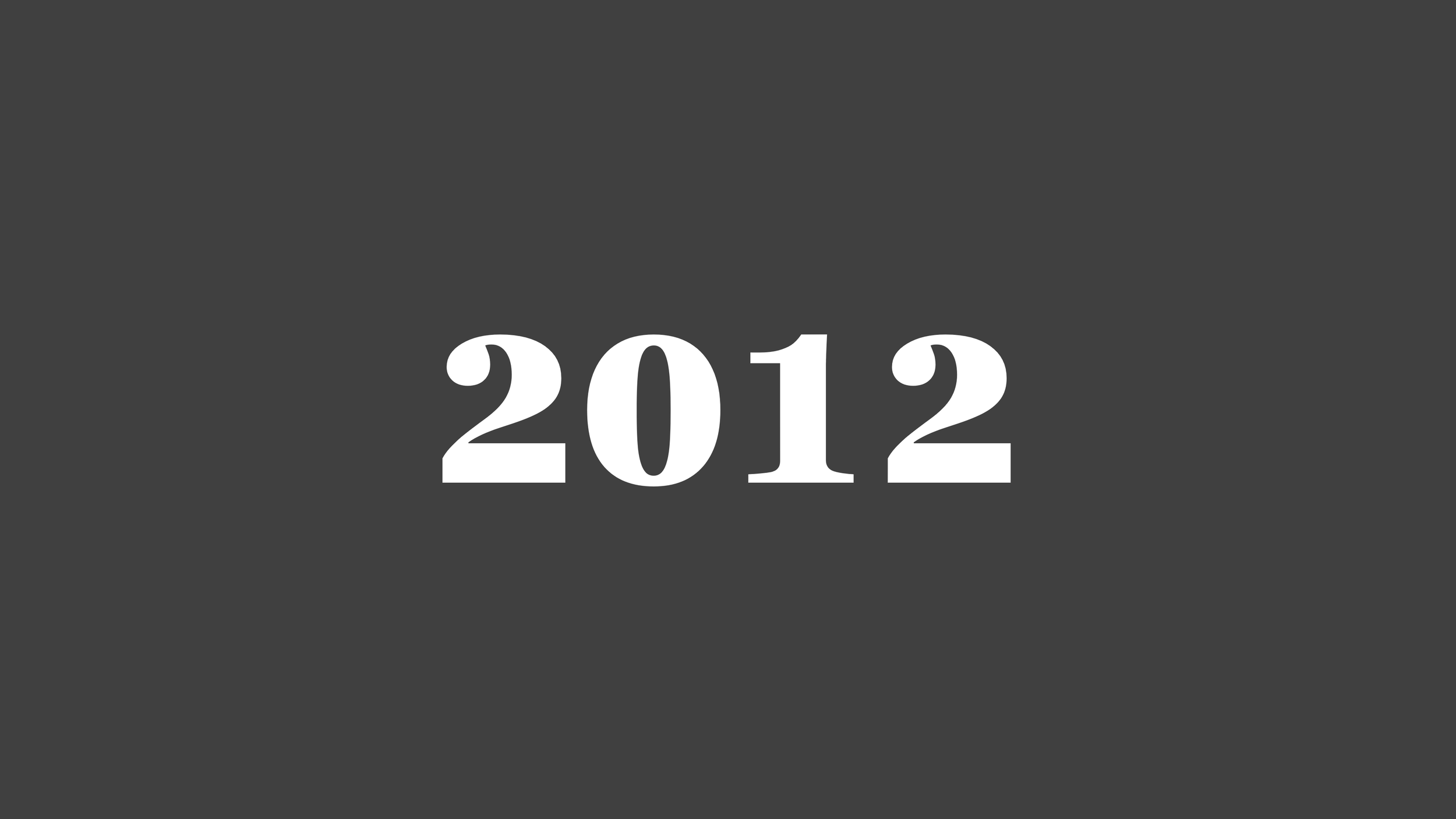
Celebrate the Opportunity
Model being positive about our practice and the outcome will take care of itself. There is no need to be a pessimist […]
Useful Feedback, Not Reassurance
Reassurance—while it’s calming—never lasts. Godin says:
There’s never enough reassurance to make up for a lack of commitment to the practice.
Reassurance is short-term. It amplifies attachment. It shifts our focus from pursuing the practice to maneuvering it to ensure success. So—useful feedback, not reassurance. For example, in my Swedish language learning, there is little use if my Sfi teacher just reassures me that I will do great in the language without giving me feedback on where I had made mistakes or how I […]
The Best Reason to Say “No”
In 2.5 pages in The Practice, Seth Godin explains how to strike a balance between saying “yes” and “no” to focus on the change we seek to make, the generous work of making our own contribution.
But beware. […]
Find the right thing to obsess about
Thank you, Seth Godin, for this wonderful snippet of an article, Very good at a simple game.
The key to playing this simple game is figuring out the how and then committing to doing it again and again. […]
What Should Exist?
I’ve been ‘marinating’ overnight on this question from James Clear’s 3-2-1 newsletter. “What should exist?” is a question from Paul Allen, the co-founder of Microsoft.
Clear’s newsletter this week focuses on resilience, growth, and new opportunities. I find it most timely as I’ve been revisiting visualization—not in the data visualization sort of way—but more in the way of using one’s imagination to create the life one wants.
Actually, as I write this, I realize we are generating data as long as there is still breath in us, so can we visualize the ‘data’ we are creating in the best possible way? […]
Good Sentences
I never thought I would find beautiful, good sentences in a business book such as Measure What Matters by John Doerr but found them I did. […]
The “Mundanity of Excellence”
The “Mundanity of Excellence” was coined by the sociologist Dan Chambliss. It says that really great performance often involves doing a lot of ordinary—even boring—tasks exceptionally over and over again, with the intention of trying to improve a little bit each time.
This ties in really neatly with the concept of “deliberate practice” as the improvement method in the book Peak by Anders Ericsson and Robert Pool.
When I came across the Mundanity of Excellence, […]

























